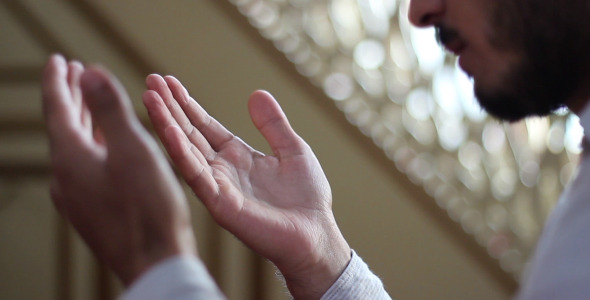It’s good to have goals, big and small. Perhaps you want to write a book, lose weight, pray with more sincerity, or attend the mosque more often.
Some goals are more difficult than others. People that make the resolution to drop 20 lbs understand just how hard it is to maintain some of our goals after the initial momentum fades.
Our brain is wired to favor routines over change, even if that change is healthier. Let’s look at some practical skills to achieve your goals!
First and foremost, make it your intention to improve yourself for the sake of Allah .
Your goals should be in accordance with your faith. For example, don’t make it your goal to get the phone numbers of 10 girls.
1. Plan
It is great to have a goal, such as praying with more sincerity and focus, but it takes a plan to make it happen.

You are not going to wake up and magically start doing this at 100% during Fajr just because you said you wanted to.
Make a plan to shut off all electronics and noisy distractions during prayer.
Set aside a place in your home or office to pray on a regular basis. Use a simple prayer mat that is not bright neon with glitter edges: it is a distraction.
Sit in reflection and really do some self-assessment here.
Ask yourself; “Why do I rush my 5 daily prayers?” Really take the time to examine yourself.
2. Dopamine/rewards
Dopamine is sometimes referred to as a feel good neurotransmitter. When you accomplish something, you get a rise in dopamine, like a reward.
Instead of only using a long-term goal like memorizing more surahs, set yourself small goals along the way, such as memorizing 2 ayahs (verses) a day until you complete a new surah (chapter from the Quran).
You will get the reward of knowing you advanced by 2 ayas every day, and your dopamine levels get a nice little bump when you achieve these short-term goals and feel good about yourself.
3. Make it habitual
Remember when I said our brains are wired for routine not change. This is where we can use that.
If you make a small change in your routine and consistently repeat it, then it starts to become habitual.
For example, if you want to do more sunnah prayers, start by adding witr.
When you want to read Quran more often, make a goal to read the Quran for 5 minutes every morning after Fajr. If you keep doing this on a regular basis, it will become habitual to you.
4. Get up when you fall
It is okay to fall sometimes; it is okay to miss a short-term goal. This is an opportunity to learn why you fell and, most importantly, get back up.
Don’t give up. Take it as a life lesson from the universe and keep going.

If you expect perfection, you are setting yourself up to fail. Expect some hurdles along the way.
5. Change the environment
Your environment impacts you more than you may realize. We are influenced by the technology, people, and décor that are around us.
If you go into a spa, the music is tranquil, the walls are usually white or light colors, and you smell soothing scents like lavender and incense in the air.
This is because the environment is meant to be conducive to relaxation.
You won’t see a bright red wall in a spa for good reason. If you want to stop eating so much processed sugar, remove it from your kitchen and put fresh fruit where you used to keep the chocolate candies.
6. Make duaa
Pray to Allah for help in this endeavor. Make duaa for assistance and pray istikhara.
It is great to make goals and have good intentions, but it takes effort and consistency to see them take hold in your life.
What are your goals, and what is your plan to achieve them?
***
The article is from our archives and was originally published on the author’s blog.



